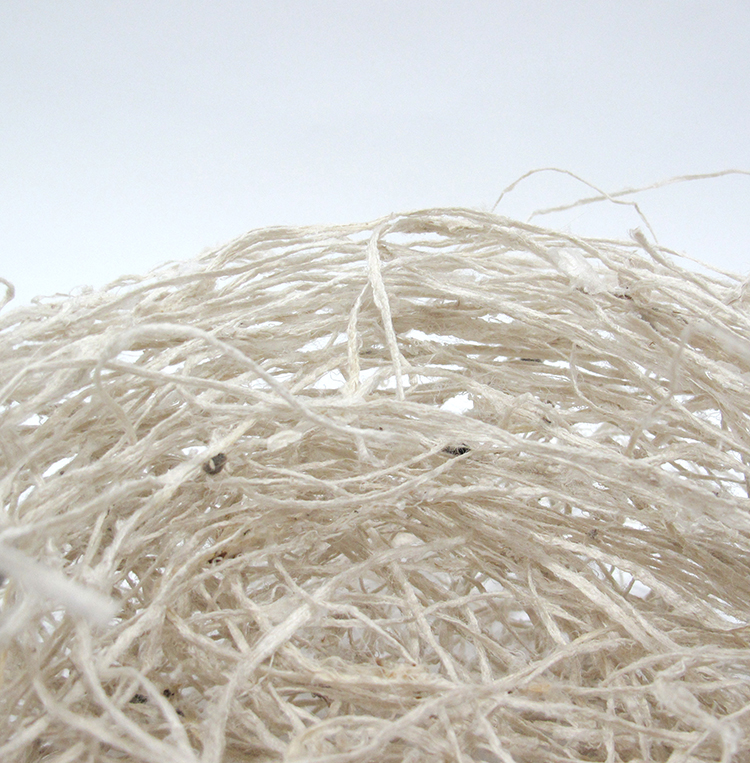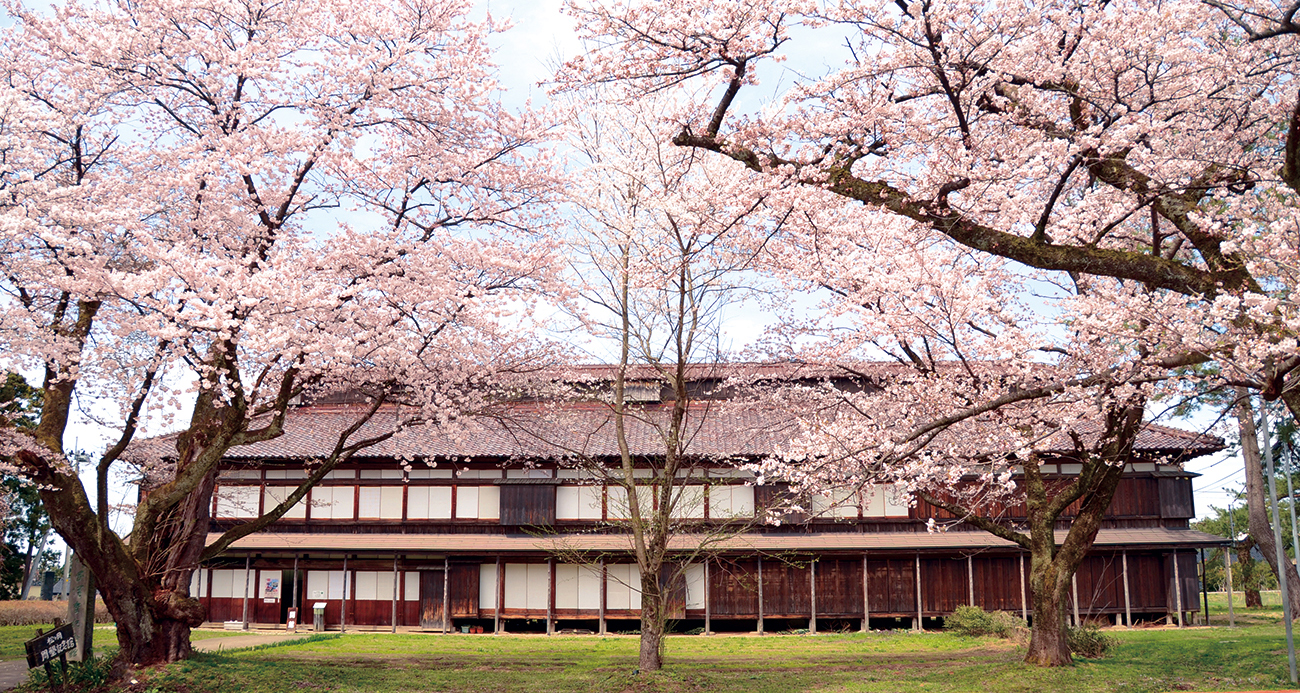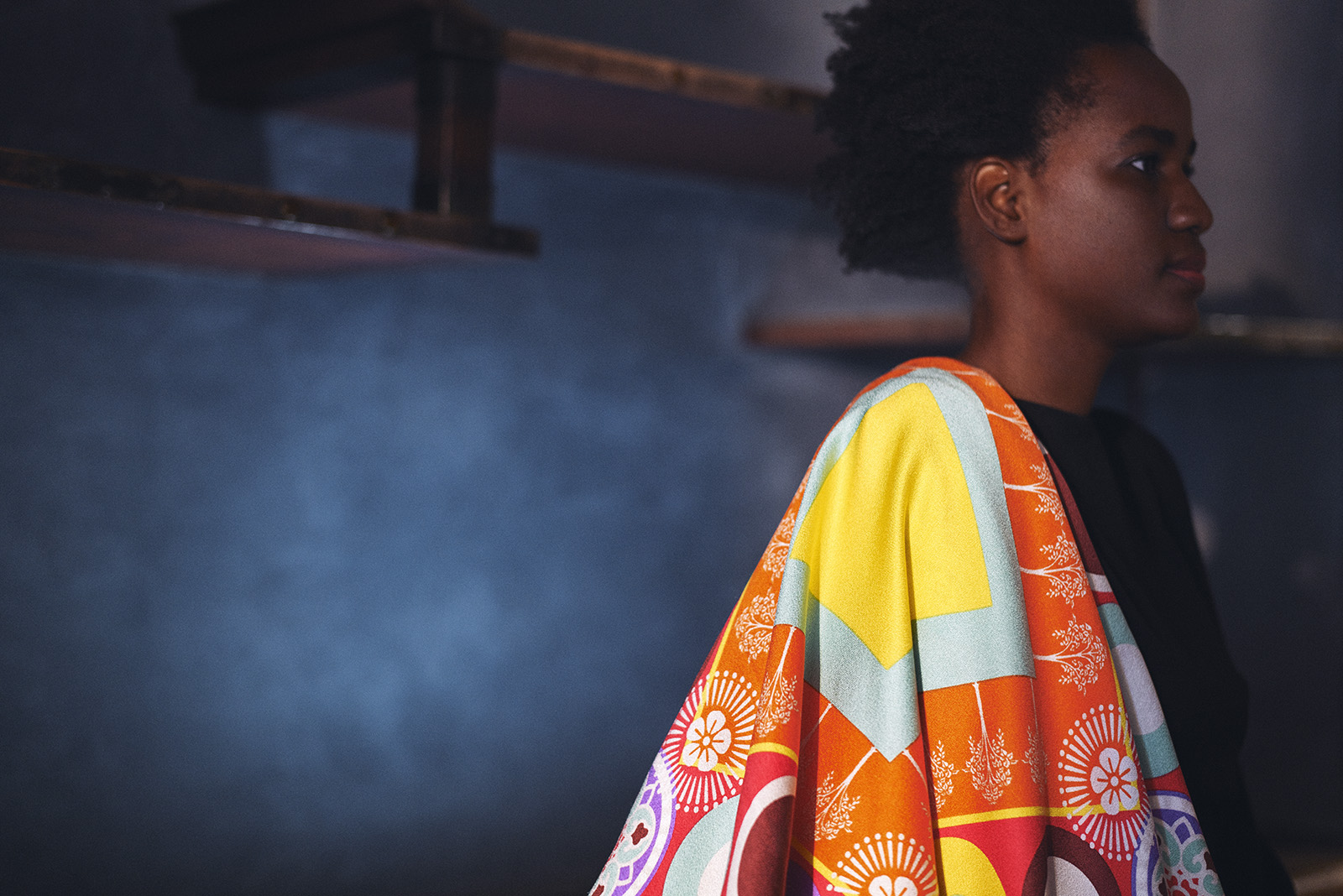


Makinu is a sub-brand under the Tsuruoka Silk brand in Tsuruoka City, Yamagata Prefecture (Northern Japan). Makinu follows Tsuruoka Silk's ideals regarding quality, knowledge, and aesthetics, and aims to develop them further. Tsuruoka has long thrived as a silk-farming region, but branding of its products is a very new practice, comparably. We hope the commercialization of Tsuruoka Silk's products—and the birth of Makinu—will breathe new life into the fashion world by bringing unique experiences to our customers.
We have chosen scarves and shawls as our first products. Because they are worn on the neck, where the skin is delicate and sensitive, our customers can really get a true sense of the subtle superior quality that our silk has.
Silk is known for being a noble material; its natural composition makes it very well tolerated by even the most sensitive skin types.(To learn more about silk's hypoallergenic properties, please refer to the "Know more about silk” section). Combined with the fashion potential that silk has as a raw material, making full use of its skin-protecting properties makes it a truly unique material.
This is what defines the essence of Makinu's silk: its silky soft touch together with its historical design and fabrication process, combine to create clothes and accessories that blend modern comfort with elegant touches of Japanese traditions.
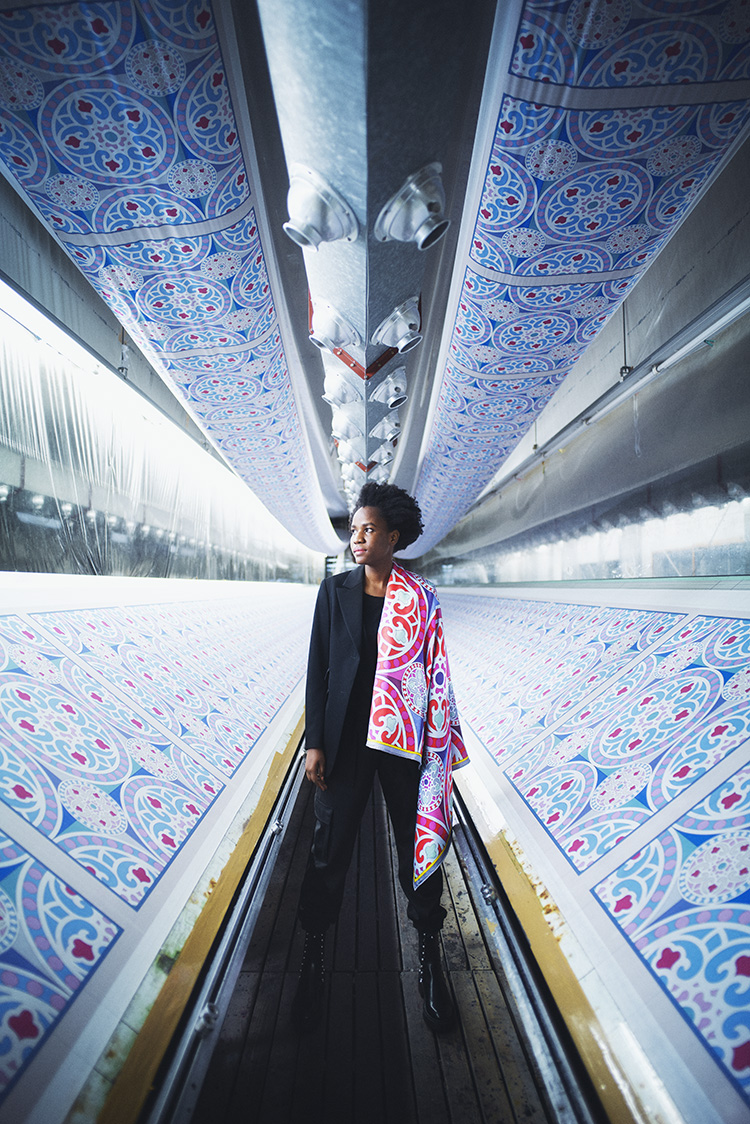
Tsuruoka City, in Yamagata Prefecture, was once the heart of the Shonai Domain, a warrior clan that pledged loyalty during the Edo Period (1603-1868) to the Tokugawa Shogunate. After the Boshin War defeated the shogunate system, the Shonai Clan samurais were considered traitors to the new regime.
To improve their bad reputation and to restore honor to their clan's name, they decided to take part in the industrial effort of the new Government—choosing to put every bit of their energy into silk-farming. In doing so, they dedicated themselves to learning every step of the fabrication process. This included everything from cultivating the mulberry leaves that the silkworms feed on, to weaving the silk threads, and all the way through the manufacturing process that produced the finished products.
It is in this spirit and pointed attention-to-detail that Tsuruoka still produces its silk. Everything is done on-site; we raise our own silkworms, we weave the silk threads ourselves, we print our patterns with wooden screens that we build by hand. Our silk products are 100% locally produced. Tsuruoka Silk's network is entirely composed of local artisans who have been working together for generations. We are fortunate that we all aim to grow in the same direction.
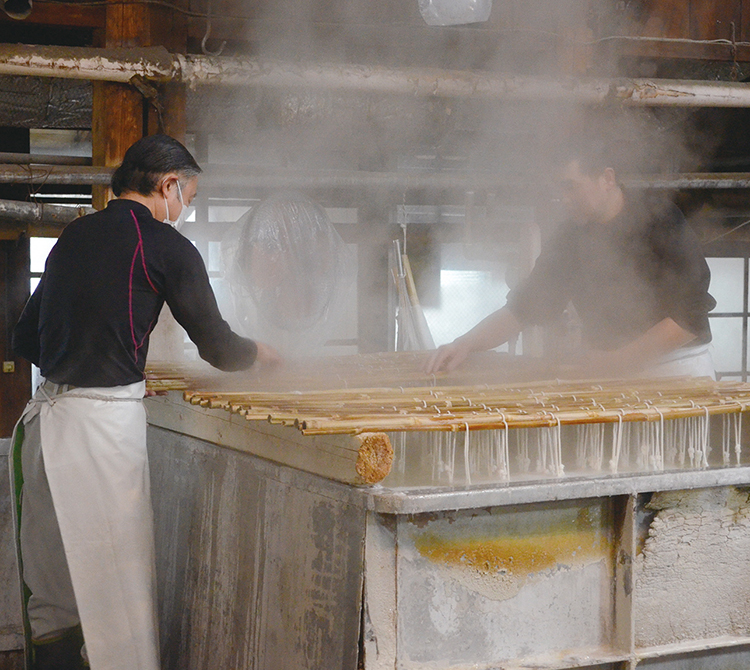
In 2017, the samurai silk farm known as Matsugaoka's Silk Farms were registered as a "Japan Heritage” site. Today, visitors can see the same machines that have been used for the past 150 years and that are still in use today. What’s more, the samurais work using the same techniques. Keeping the history of Tsuruoka's silk alive with the transmission of ancestral knowledge is a major reason why Matsugaoka became a Japan Heritage site.
Apart from Makinu, the brand Kibiso was created to open new product markets in the silk industry. Kibiso mainly uses the first part of the thread created by a silkworm (in Japanese: kibiso), which is rougher to the touch but extremely resilient and warm. Objects made of kibiso thread are very sturdy, rustic-looking, and are particularly useful for bags, umbrellas, and sandals.
Kibiso products are sold at Matsugaoka's Silk Farms, the Shonai airport, during special events at shopping malls, and on our website. Our third brand: the Samurai Silk, produces products that bring several local companies and artisans together to design accessories and clothes that best represent our region and history. Makinu, in line with these goals, aims to open new possibilities in Tsuruoka's silk industry.
